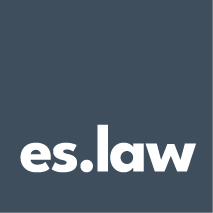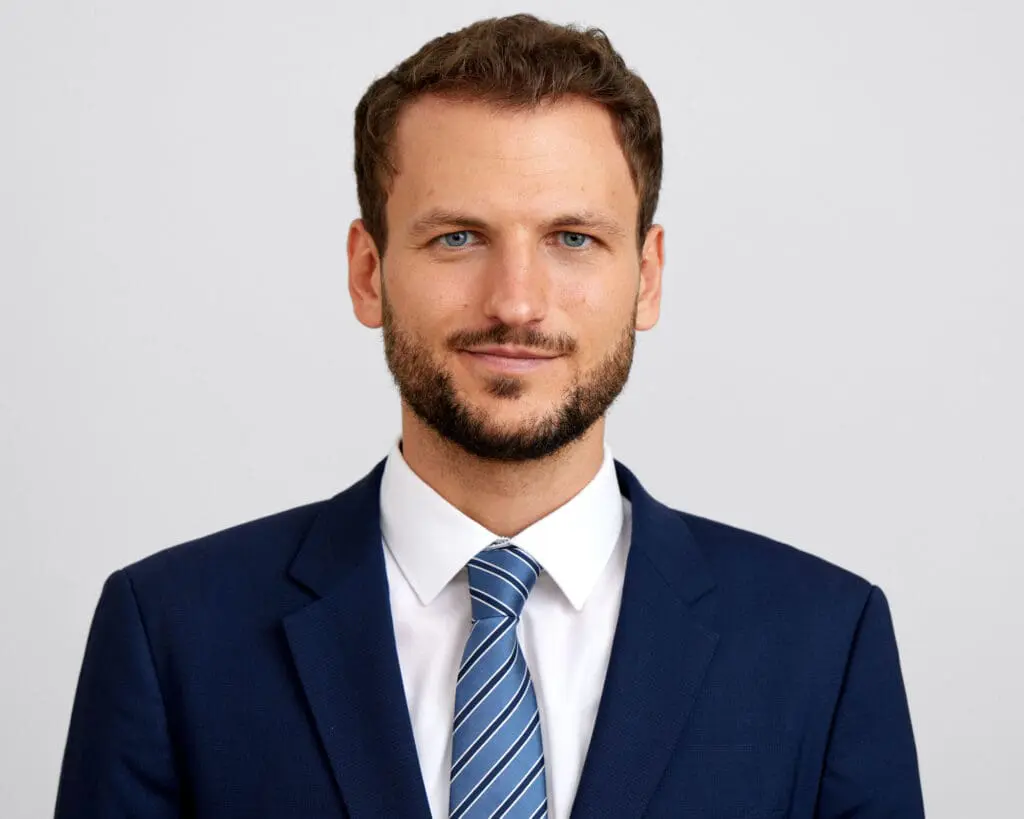General information on criminal and investigation proceedings
As soon as the criminal investigation department or the prosecution authority investigate an initial suspicion, criminal proceedings begin (Sec 1 para 2 of the Austrian Code of Criminal Procedure, “StPO”). The public prosecutor has a leading role in the investigation proceedings. He decides which investigative measures are to be taken and whether the investigation is to be continued or terminated. The public prosecutor also decides whether or not to press charges after the investigation has been completed.
The so-called “initial suspicion” under criminal law is essential for the opening of a preliminary investigation proeedings. An initial suspicion exists if it can be assumed on the basis of certain indications that a criminal offense has been committed (Sec 1 para 3 StPO). Initial suspicion may be based, for example, on a report, a statement of facts, or an official perception and requires that the current facts of the case and certain indications point to a prosecutable criminal offense. On the other hand, mere conjecture, speculation or vague indications, on the other hand, are not sufficient to justify an initial suspicion. The purpose of preliminary proceedings initiated on the basis of an initial suspicion is to clarify the facts and suspicions through investigation to the extent that the prosecution authority can decide whether to bring charges, withdraw from the prosecution, or, if charges are brought, to enable the main trial to proceed expeditiously.
Reported, suspect and accused
Participants involved in a criminal accusation may fall into three categories in the investigation procedure: reported, suspected and accused. In the further course of the main and appeal proceedings, these persons may also become defendants or convicted persons.
If the existence of an initial suspicion against a certain person has not yet been conclusively clarified and if this person is not yet under investigation and therefore no criminal proceedings are pending, this person is referred to as “reported“.
In contrast, a suspect is a person who is being investigated on the basis of initial suspicion. The suspect is already entitled to the rights of the accused according to the Code of Criminal Procedure, so it is advisable to consult a defense lawyer specializing in criminal law at this stage of the criminal proceedings in order to ensure the best possible protection of the rights of the accused.
An accused is any person suspected of having committed a criminal offense on the basis of specific facts and evidence is taken against whom or investigative measures are ordered or carried out to clarify that specific suspicion.
Investigation measures and means of coercion in investigation proceedings
The investigation procedure is characterized by a series of investigative measures, which may also include coercive measures to clarify the suspected offense. The prosecution authority must apply to the court for coercive measures that require a court authorization or decision (Sec 101 para 2 StPO).
Lawfulness and proportionality of investigative measures
The following requirements must be met for any investigative measure:
- An investigate measure may be taken only if provided for by law.
- Any investigative measure must be proportionate, so that any resulting impairment of legal interests is in reasonable proportion to the gravity of the offense, the degree of suspicion and the desired result.
- Among several expedient investigative actions and coercive measures, the law enforcement authorities must take those that least infringe the rights of the persons concerned. If “less intrusive means” are possible and expedient, these must be chosen.
In the practice of criminal defense, questions of the proportionality of investigative and coercive measures are particularly relevant. In cases of doubt, it is advisable to consult a specialized lawyer during the investigation procedure in order to have the factual and legal situation examined and, if necessary, to file an objection due to a violation of the law or a complaint against the measures taken.
Frequent investigative measures
The following investigative measures are frequently used in the course of preliminary proceedings, particularly in commercial criminal proceedings – without claiming to be exhaustive:
- Interrogations of accused and witnesses,
- Securing, seizure, disclosure from the account register and information on bank accounts and bank transactions (account opening),
- House searches to obtain evidence,
- Involvement of expert witnesses,
- Information about data of a message transmission.
After assessing the information provided by witnesses and the accused and evaluating the other evidence, the public prosecutor decides at the end of the investigation proceedings whether to bring charges against the accused, discontinue the investigation proceedings or settle them by diversion.
Duration of the investigation procedure
According to Sec 108a para 1 StPO, investigation proceedings may not last longer than three years. If the investigation proceedings cannot be completed before the end of this three-year period, the prosecution authority must refer the matter to the court together with a statement on the reasons for the duration of the investigation proceedings. The court can then either discontinue the preliminary proceedings or extend them by a further two years. According to the current legal situation, this period can also be extended several times, which can lead to excessively long proceedings, particularly in white-collar criminal proceedings.
Closure of the investigation proceedings
The prosecution authority must discontinue the investigation proceedings ex officio if it is established on the basis of the sufficiently clarified facts that the offense on which the investigation proceedings are based is not punishable by law or that further prosecution of the accused would otherwise be inadmissible for legal reasons (legal grounds for discontinuation pursuant to Sec 190 no 1 first and second case StPO).
The prosecution authority must also discontinue the investigation proceedings if there are no factual grounds for further prosecution of the accused (factual grounds for discontinuation pursuant to Sec 190 no 2 StPO). This is particularly the case if the proceedings have shown that the accusation is not true or there are difficulties in providing evidence with regard to proof of guilt in objective or subjective terms and the accused therefore cannot be proven to have committed the offense with the certainty required for the criminal proceedings. This is because an indictment is only to be brought if the public prosecutor believes that a conviction of the accused is “likely” (Sec 210 para 1 StPO).
The accused also has the option of applying to the prosecution authority for the investigation proceedings to be discontinued on their own initiative, thereby forcing a court decision (Section 108 of the Code of Criminal Procedure). As such an application can have both advantages and disadvantages, it should only be submitted after appropriate advice from a criminal law expert.
Ecxkurs: Indictment and criminal complaint
If the investigation proceedings are not discontinued and are not settled by diversion, the prosecution authority will file an indictment. In the case of natural persons, charges are brought either by means of an indictment or a criminal complaint. In corporate criminal law against associations, an application for the imposition of an association fine is submitted to the court.
The filing of the indictment marks the beginning of the main court trial, which is conducted by the criminal court. If the defendant is sentenced to a fine or imprisonment by the criminal court at the end of the main proceedings, he is sentenced.
Criminal defense by lawyer in investigation proceedings
At no other stage of the proceedings can the accused participate as actively in the criminal proceedings as in the investigation proceedings. On the one hand, the accused should seek advice from a defense lawyer as early as possible on the important question of when and in what form they should comment on the allegations against them. Secondly, they can actively participate in the proceedings by submitting written statements and motions for evidence.
In addition, it often makes sense to have the legal situation, the possible next steps and the investigations to date reviewed by a lawyer. A criminal defense lawyer can quickly gain an overview of the investigation proceedings and help shape the course of the proceedings in the long term through timely, professional and preventive crisis management. In addition, a lawyer specializing in criminal law supports his client in the investigation proceedings by preparing for interrogations, preparing a written statement and filing appeals and legal remedies against investigative measures.
Private participation for victims
Anyone who has suffered damage as a result of a criminal offense or whose legal interests protected under criminal law may otherwise have been impaired has the status of a victim in criminal proceedings. Victims can join the criminal proceedings in the course of private participation in order to claim compensation for the damage suffered.




